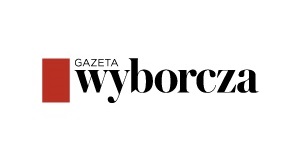Anna Maria Staśkiewicz violin
Radosław Soroka clarinet
Marcel Markowski cello
Bartosz Bednarczyk piano
Mariusz Gradowski host
Olivier Messiaen Quatuor pour la fin du temps (Quartet for the End of Time)
The freezing winter of 1940. Prisoner-of-war camp Stalag VIII A. Among the prisoners – Olivier Messiaen. After the war, he will be known as one of the most important and original composers of the 20th century. One of the pieces that brought him fame was the Quartet for the End of Time, composed in a cell in Görlitz.
What was his motivation? The will to survive, a taste of a normal life. His inspiration? The horrors of war, the impression that the Apocalypse is coming, northern lights above the camp and visions caused by starvation in which an Angel prophesized the end of time. The connection between his experiences and sound was so strong that writing the work took Messiaen only three months.
What – or who – helped? Keeping up the pretence of the Geneva Convention, a sympathetic officer, Carl A. Brüll, and Polish inmates, who provided a place and conditions for Messiaen to work. It was also sheer luck – there were four musicians at the camp and somehow they managed to get their hands on four instruments. That’s the reason why the Quartet was written for such an unusual combination of instruments – for violin, clarinet, cello and piano (the one they used had broken keys).
The Quartet consists of eight movements: four for the full quartet, a trio without the piano and two solo parts – for the violin and the cello, respectively – with the accompaniment of the piano as well as a solo part from the clarinet. The mystical poetry of the movements’ titles guide the audience through the metaphysical music, which expresses the Christian belief that existence is meaningful. The context and the risks have changed, but it seems that Messiaen’s faith in the final triumph of the spirit makes the piece relevant for audiences and musicians today – as it has been ever since its first performance at the Stalag on the 15th January 1941 in the midst of war.
Mariusz Gradowski



